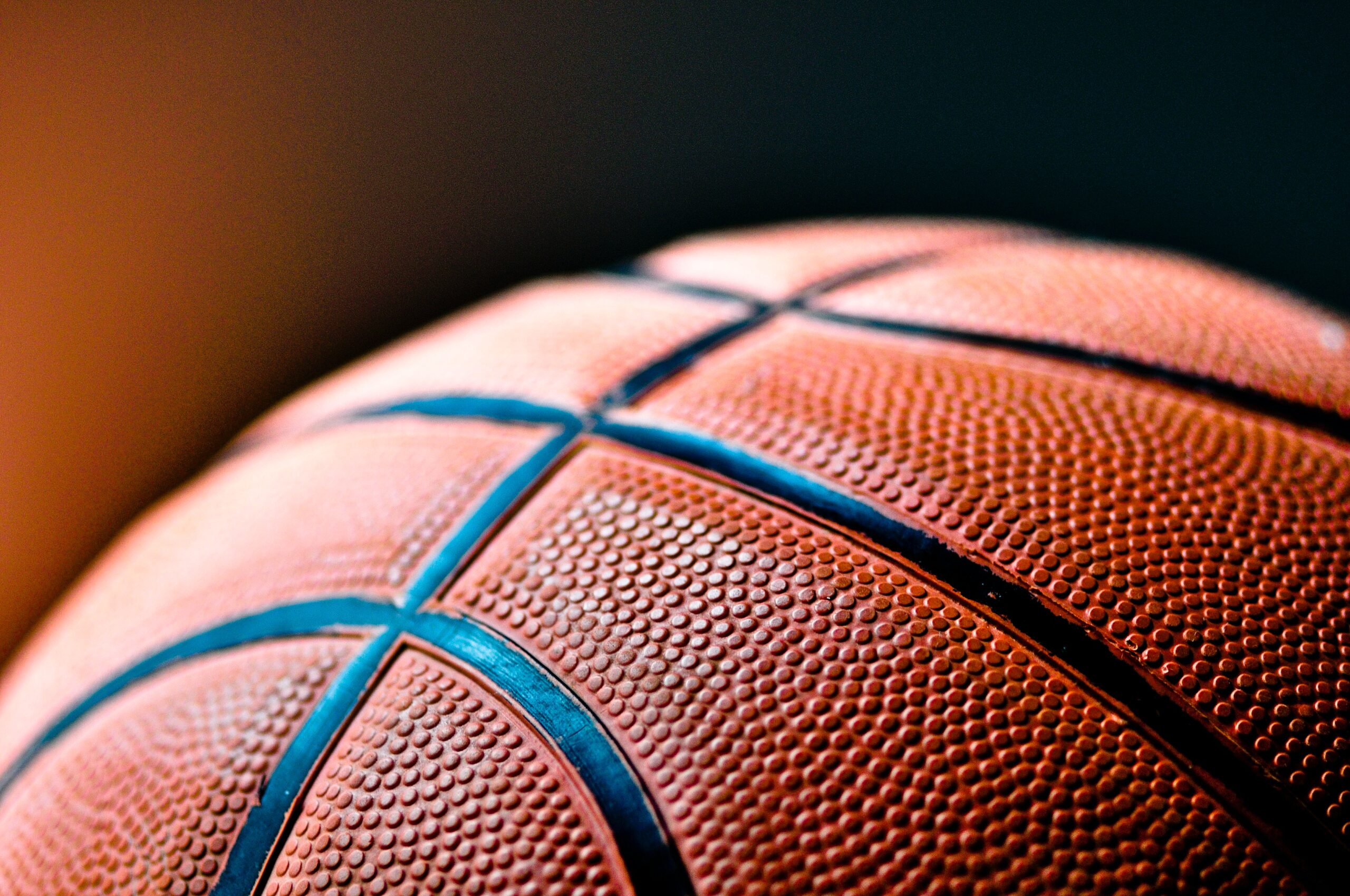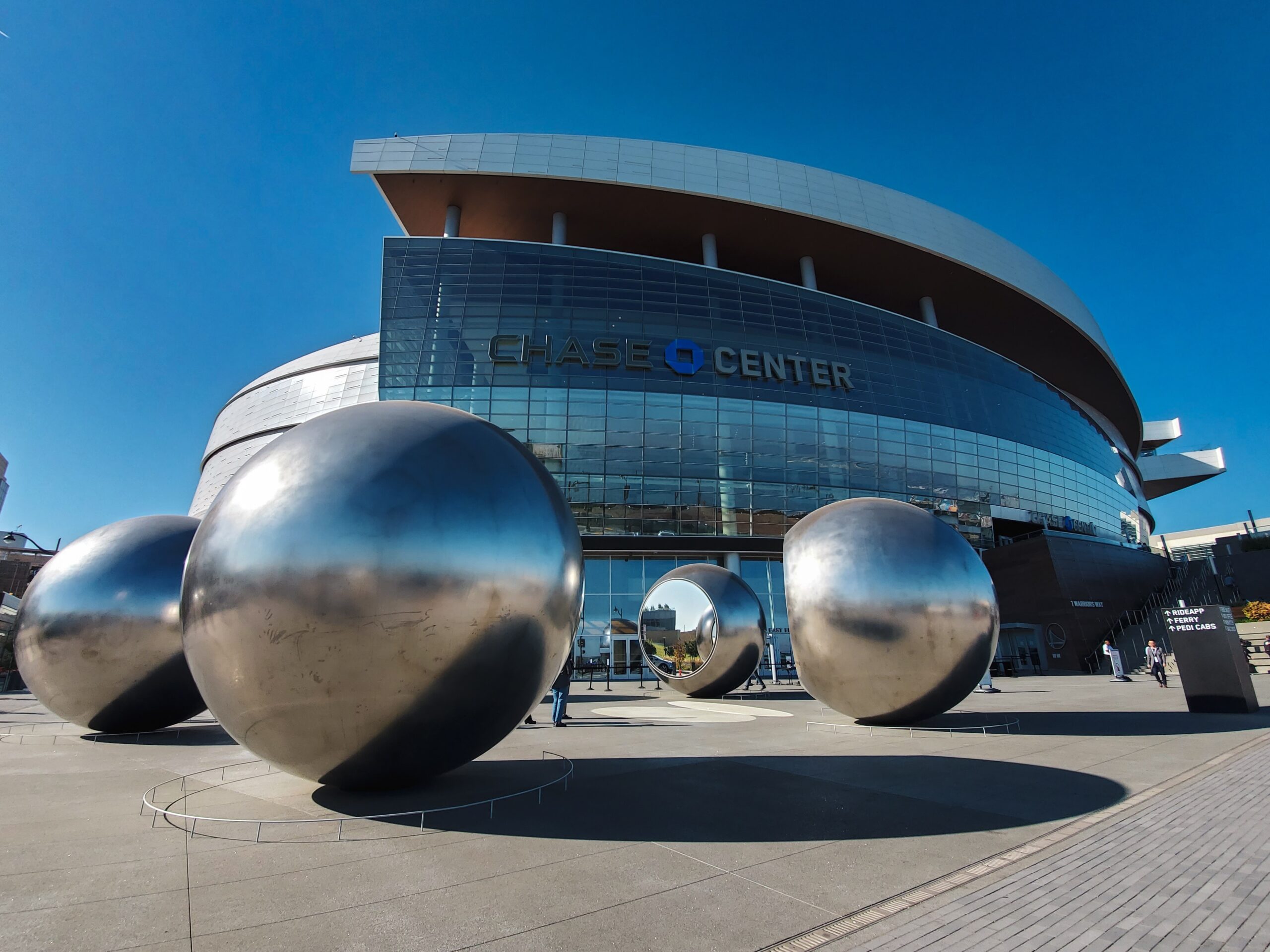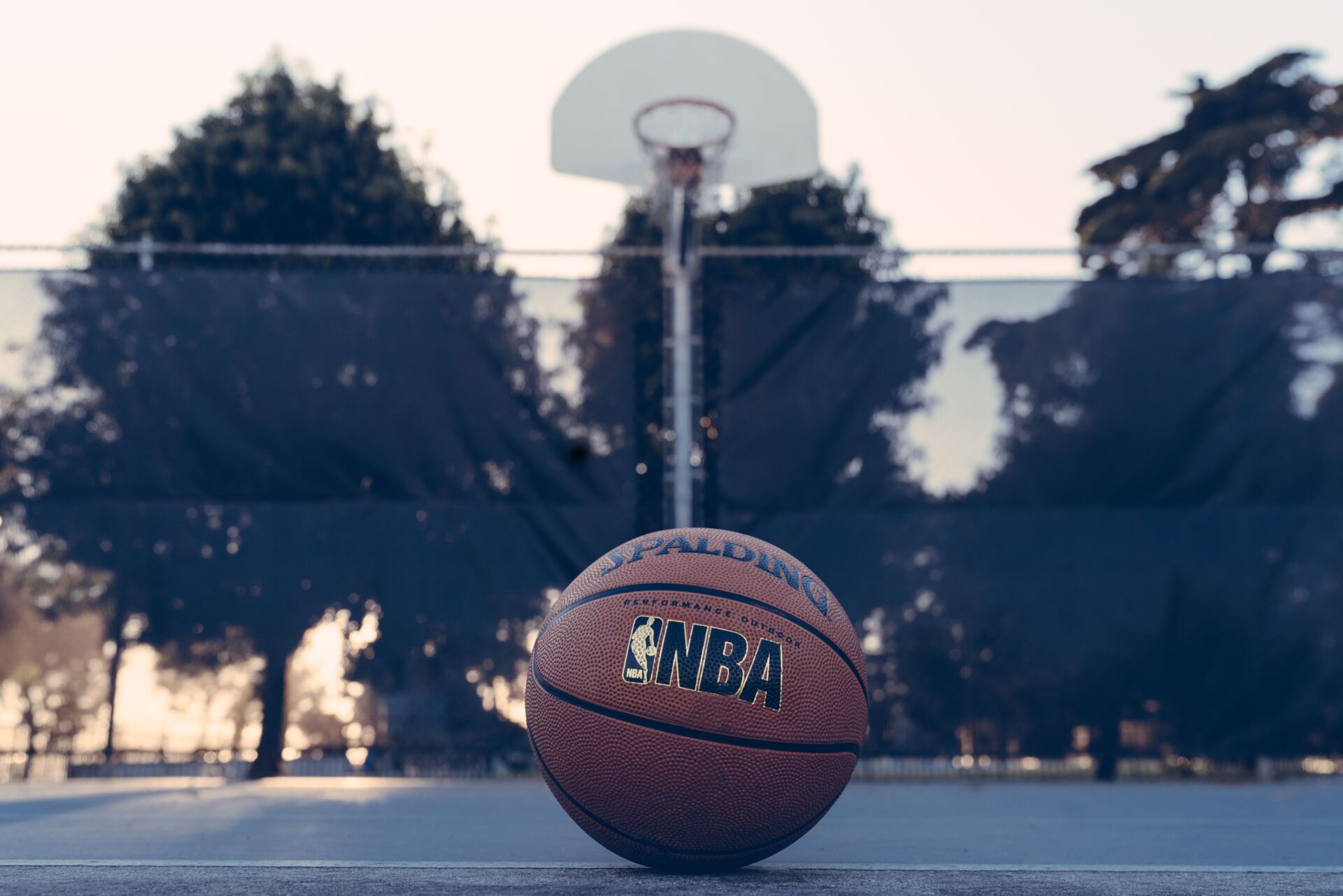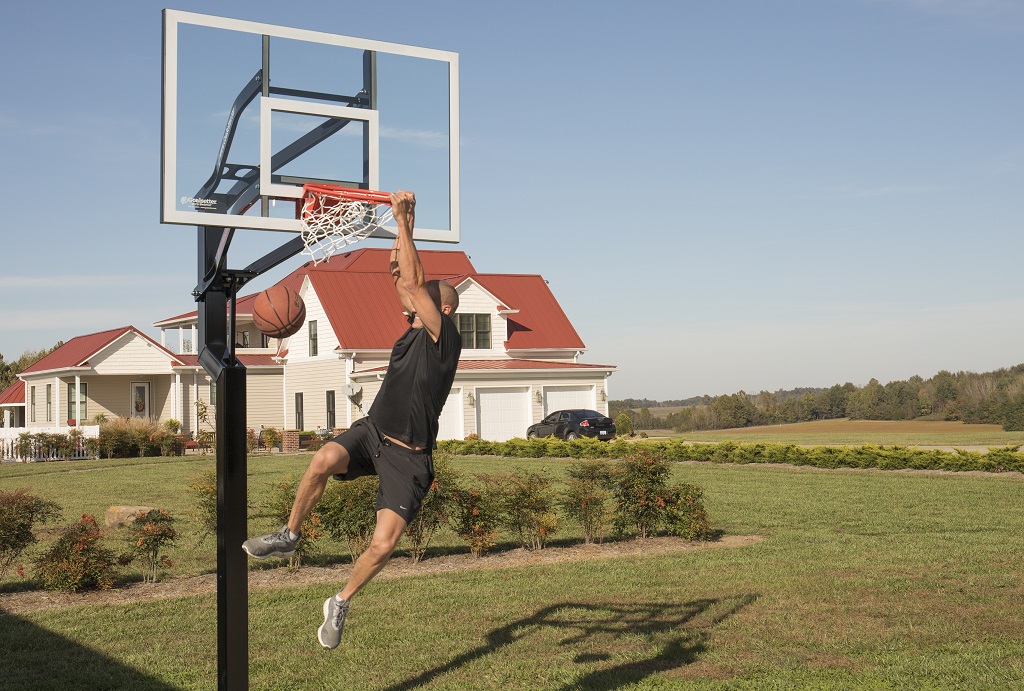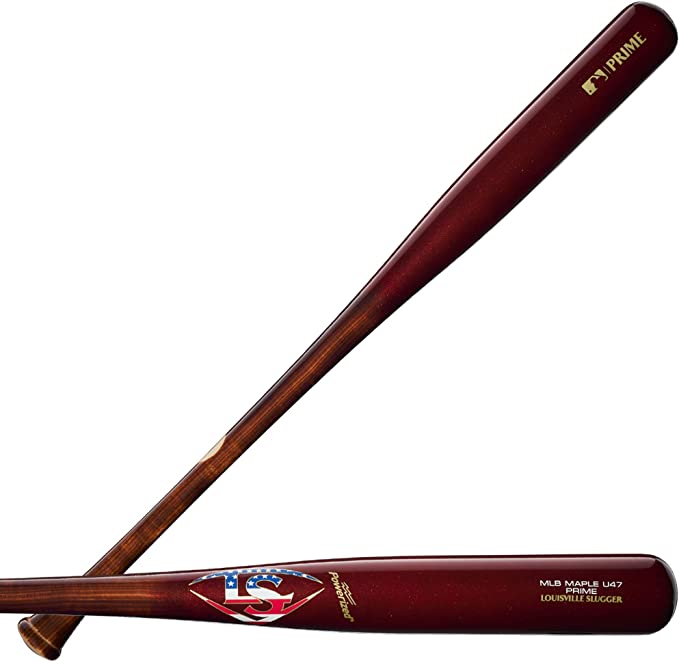Basketball has no shortage of acronyms, and DNP is one of those abbreviations. But what does DNP mean in basketball?
DNP stands for did not play, which refers to any player who did not play during the match. The reasons for not playing vary for different situations. However, many reports indicate a DNP-CD next to a player’s name, which means did not play – coach’s decision.
In this article, you’ll take a deep dive into the DNP acronym, along with other important information related to this topic. Continue reading, and you’ll also find other acronyms that will help you understand the world of basketball better than before.
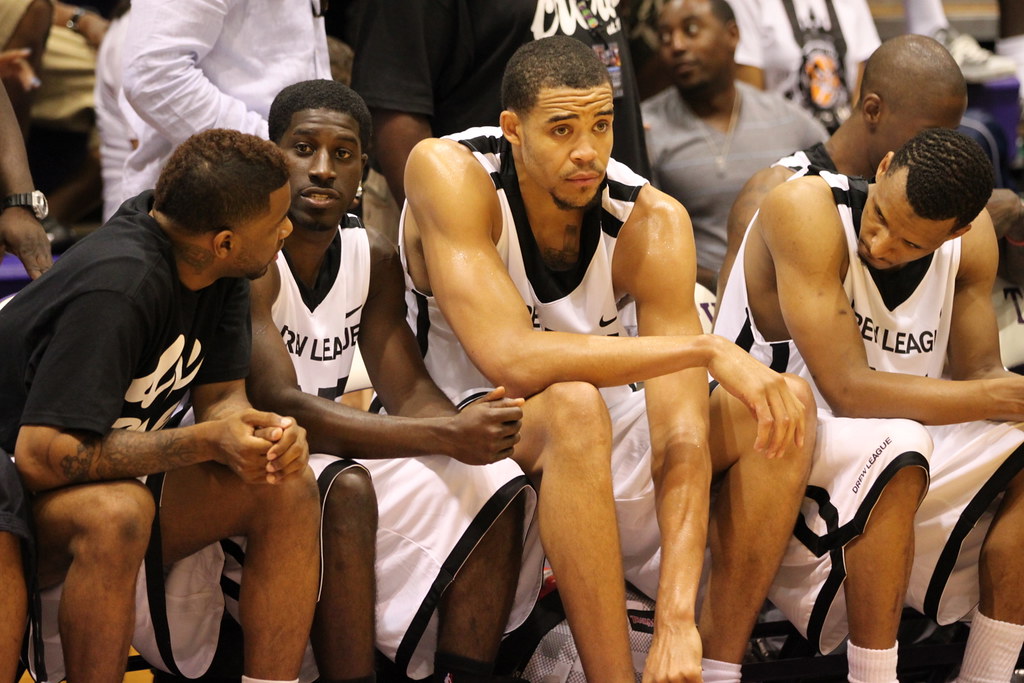
DNP is an abbreviation used for basketball reports. It means did not play, which often refers to a player sitting on the bench for almost or the entire duration of the match.
Keep in mind that an official basketball team, particularly in the NBA, has 12 players. Each player has specified positions, which can be any of the following:
- Point guard
- Shooting guard
- Small forward
- Power forward
- Center
The players that have these positions take the court, leaving the other seven athletes sitting on the bench, waiting for their turn. Players that get sent to the bench early in the match or do not leave the bench at all will receive DNPs in their post-game reports.
Again, the reasons for not playing in matches vary greatly for each scenario. Most of the time, it’s the coach’s decision not to send a player to the court.
For example, it’s already the 4th quarter and the point guard is still doing excellently. Therefore, the coach doesn’t need to substitute the player with another point guard that’s sitting on the bench currently.
However, some basketball athletes, particularly NBA players, are present on the benches but cannot participate in the match because of injuries or suspension.
What are the Common Injuries in Basketball?
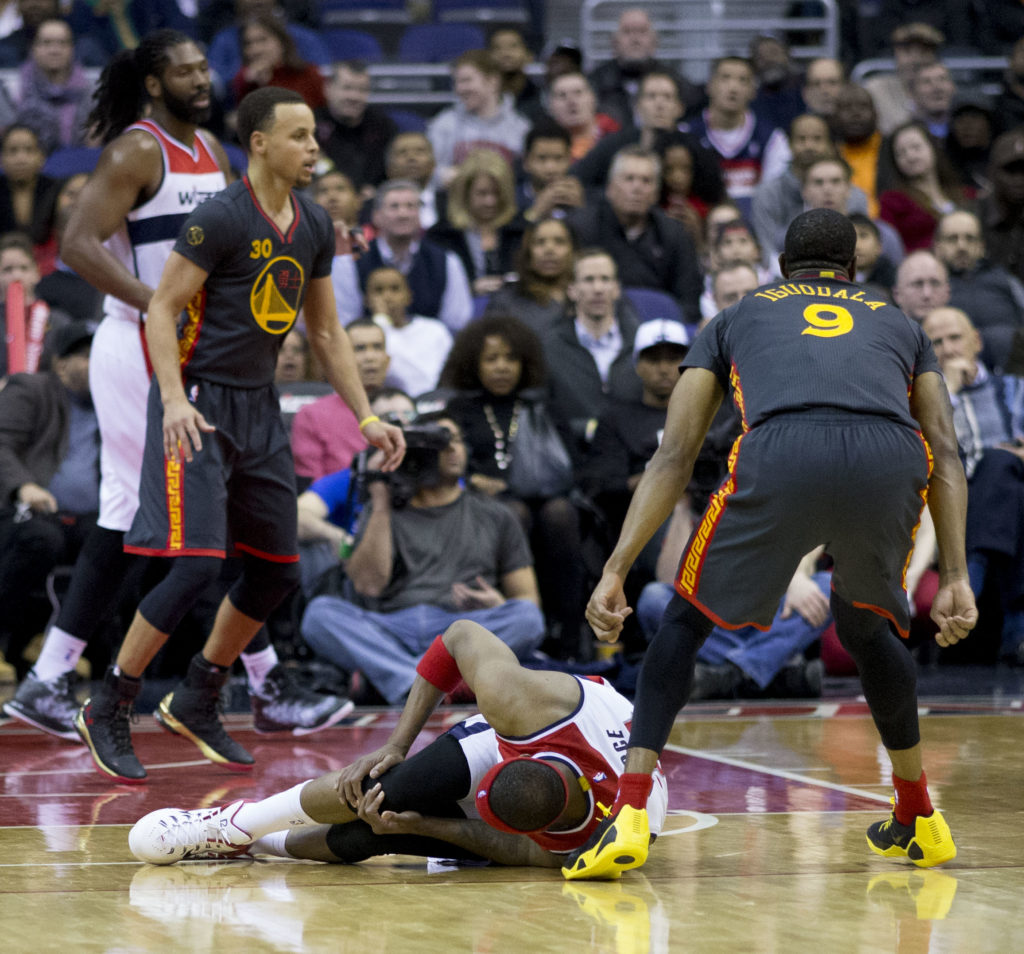
NBA players need to be in tip-top shape before they step into the court. Also, these professional basketball athletes need to maintain their physical and psychological well-being while staying on the court. Otherwise, injuries can occur, some of which can cost teams the game.
Some of the common basketball injuries that can make a player have a DNP include:
Foot or Ankle Injuries
Jumping and running are two common activities needed in basketball games. As such, the ankles and feet are essential to ensure victory is within a player’s grasp. But many players tend to overuse these body parts, leading to injuries.
Foot and ankle injuries, such as plantar fasciitis and Jones fracture, are treatable. But if the injury happens mid-game, the player needs to sit down on the bench and rest. Any further physical activity with the offending body parts will result in more serious injuries.
Hip or Thigh Injuries
Aside from jumping and running, basketball is all about abrupt movements. However, the body can only handle so much strain before something tears or gets broken. Some prime examples are the areas in or around the hips or thighs.
Pivoting and rebounding are some actions that can place enormous strain on a player’s hips and thighs. Overextending the muscles and ligaments in these areas can result in permanent damage if left unchecked.
Knee Injuries
Constant pressure brought to the knees can leave a basketball player’s knees in poor condition. The knees are also one of the most common areas that become exposed to injuries. Remember, every time you jump, run, or walk, you’re adding pressure to the knees. On the other hand, NBA players do these actions more frequently than a person with a sedentary day job.
It’s also for this reason that you’ll see many basketball players ice their knees. Putting ice on the knees can help reduce some of the pain felt in that area. However, some knee injuries can be serious that coaches have no choice but to bench that player for the rest of the match or even the season.
What are the Common Reasons for Suspension in Basketball?
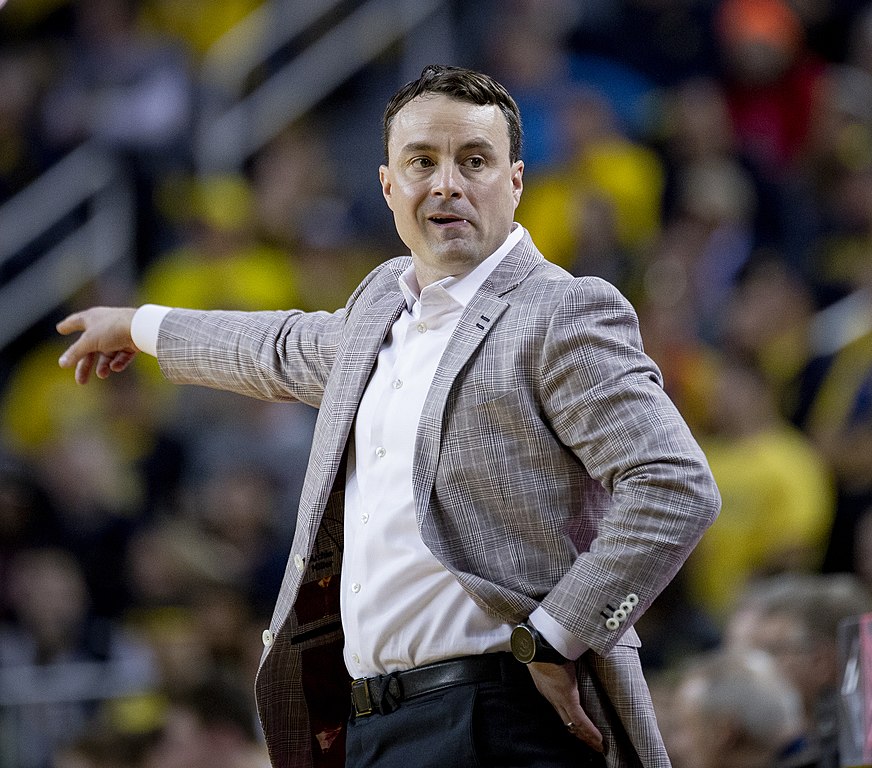
Aside from being injured, basketball leagues can disallow a player from playing if the athlete commits an offense worthy of suspension. If so, league officials and high-ranking employees will have no choice but to keep the player off the court until the end of the suspension period.
Some of the common reasons basketball players get suspended and have DNPs in their reports are:
Fibbing or Lying
NBA teams require their players to show up during practice unless certain athletes have legitimate reasons for not reporting to these training sessions. Think of it as day jobs and the basketball players are the employees. Unceremonious absences can lead to suspensions.
One excellent example is Dion Waiters, a shooting guard for the Los Angeles Lakers and three other teams. In the 2019 to 2020 season, Waiters decided to call in sick. However, he later posted a picture on his Instagram page that he was celebrating his 28th birthday. The team announced his suspension for six games a few days after the incident.
Unsportsmanship Behavior
Basketball is a friendly match between two teams. However, sometimes the rivalries among teams can become heated to the point that fists come flying from two sides.
For example, a 2004 incident during the 2004 to 2005 season saw Ben Wallace of the Detroit Pistons pushing Indiana Pacers player Ron Artest. At the very least, the referee would call out Wallace for a technical foul. But Artest retaliated, leading to a brawl between players. Some fans would even go out of their seats to join in the scuffle. This incident gave Wallace a six-game suspension.
Illegal Possessions
The NBA is a strict basketball league. Therefore, players caught doing illegal activities outside the court can earn suspensions for multiple games.
An example would be Gilbert Arenas of the Washington Wizards. In 2010, during the 2009 to 2010 season, Washington DC officials found Arenas in illegal possession of unloaded firearms. These weapons were in the player’s locker. Furthermore, Arenas pointed one of the weapons to teammate Javaris Crittenton during an argument.
Although the weapon didn’t contain bullets, it still earned Arenas a DNP and a suspension for the rest of the season. Also, the league didn’t allow this player to join for 50 games following that incident.
What are Other Acronyms in Basketball?
DNP isn’t the only acronym used in basketball. The list of abbreviations for the sport is quite extensive.
Still, the following are some of the common acronyms used in this sport:
- GM – Games played
- PTS – points
- AST – Assists
- TO – Turnovers
- PF – Personal fouls
- BLK – Blocks
- STL – Steals
Final Words
The DNP in basketball stands for did not play, and the reasons for not being able to play during matches depends on different situations. Coaches and league officials would often keep some players sitting on the benches because the athletes in the court are already doing well. But injuries and suspensions may also be valid reasons for some basketball players to be unable to play during games.


